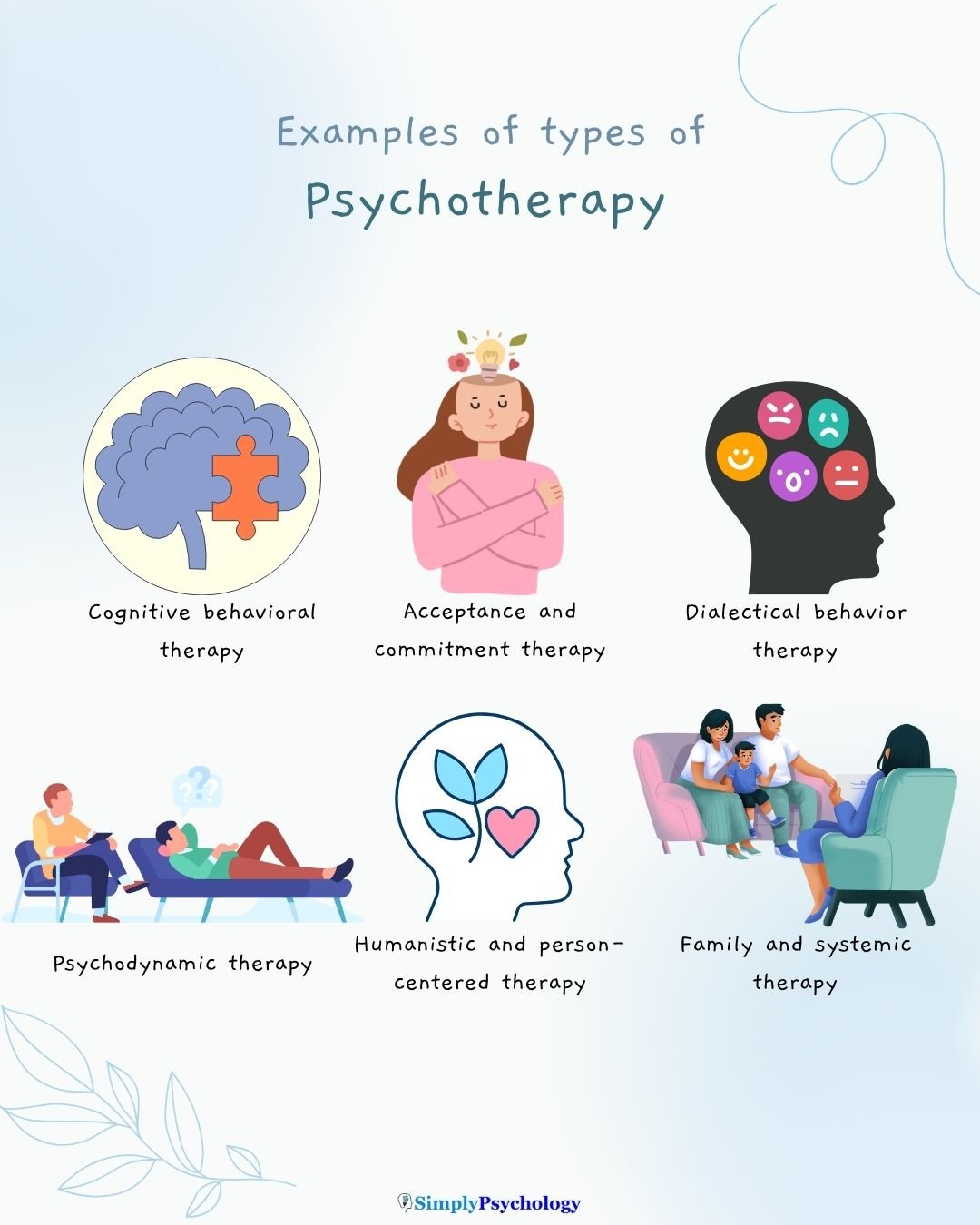Checking out the Advantages of Virtual Therapy in Modern Mental Healthcare
The surge of virtual therapy marks a significant shift in psychological health care. It uses enhanced ease of access, allowing individuals from varied backgrounds to look for help without geographical restraints. Versatility in organizing suits differing way of livings, while the comfort of home can cultivate openness. The effects of these modifications expand past mere comfort. The advancing landscape of therapy increases crucial concerns regarding its lasting effects on patient engagement and therapy end results.
Enhanced Ease of access for All
Although traditional therapy often offers barriers such as geographical place and scheduling disputes, virtual therapy substantially boosts accessibility for people seeking psychological health and wellness support. By removing the need for physical travel, virtual therapy enables clients from remote areas or those with mobility obstacles to attach with qualified specialists. This setting of therapy can get to underserved populations who might do not have local mental health and wellness sources, thus dealing with disparities in access to care. Furthermore, virtual systems can deal with diverse needs, using solutions in numerous languages and accommodating numerous cultural histories. Customers can involve with a more comprehensive series of experts, supplying them with options that straighten with their details needs and preferences. This enhanced accessibility promotes a more inclusive environment, enabling individuals to look for aid without the preconception typically connected with in-person brows through. Overall, virtual therapy represents a considerable advancement in making psychological health and wellness care a lot more easily accessible to all.
Versatility in Scheduling Sessions

As virtual therapy proceeds to obtain traction, its fundamental adaptability in organizing sessions shows to be a substantial benefit for several individuals. Unlike conventional in-person therapy, virtual therapy allows customers to choose session times that ideal fit their individual and expert commitments. This flexibility suits those with demanding job routines, family responsibilities, or various other dedications that can make attending physical consultations challenging.
Customers can easily reschedule or readjust their sessions as required, lowering the anxiety linked with inflexible consultation systems. The accessibility of different time ports throughout the week, including evenings and weekend breaks, further improves access. This versatility not just encourages uniformity in attendance however likewise fosters a better dedication to the restorative procedure. Ultimately, the flexibility in scheduling sessions stands for a transformative change in psychological wellness care, equipping people to prioritize their wellness without giving up other facets of their lives.
Convenience of a Familiar Atmosphere
The comfort of a familiar setting substantially enhances the performance of virtual therapy for several clients. Involving in therapy from the security of their own homes allows people to feel more secure, minimizing anxiety that might accompany traditional in-person sessions. This familiarity can help with open communication, allowing customers to reveal their thoughts and sensations much more easily.
In addition, the visibility of individual things and the capability to manage their environments can add to a feeling of protection and leisure. Clients often report that remaining in a comfy room permits them to focus a lot more on the therapeutic process as opposed to the establishing itself.
In addition, the informal nature of virtual sessions can help liquify obstacles that may exist in a conventional office setting, cultivating a much deeper link with therapists. On the whole, the convenience of familiar surroundings plays a vital role in improving the therapeutic experience and efficiency for lots of individuals looking for mental health and wellness assistance.
Larger Variety Of Healing Choices
A broader series of restorative options appears through virtual therapy, allowing customers to accessibility various techniques that might not be feasible in conventional setups. This flexibility enables people to explore varied techniques such as cognitive-behavioral therapy, mindfulness practices, art therapy, and even specialized treatments like trauma-informed treatment or dialectical behavior therapy.
In addition, clients can pick from a wider range of therapists, including those who focus on particular niche areas or specific populations, boosting the possibility of locating a suitable suit. Virtual systems usually supply access to group therapy sessions, assistance areas, and workshops that may be geographically inaccessible otherwise.
This selection equips clients to involve in their healing process according to their special choices and demands, possibly boosting motivation and dedication to treatment. As a result, the landscape of psychological healthcare ends up being much more comprehensive and adaptable, accommodating a wider variety of specific experiences and obstacles.
Reduced Preconception Bordering Therapy
Accessing therapy via virtual systems adds to a substantial reduction in the preconception traditionally related to psychological health and wellness treatment. By providing a very discreet and exclusive atmosphere, virtual therapy enables people to seek aid without the worry of being evaluated or determined. This privacy interest those that may or else be reluctant to seek in-person therapy because of societal assumptions bordering psychological wellness.
Additionally, as the frequency of virtual therapy rises, it normalizes the discussion around psychological health, making it a much more acceptable part of day-to-day life. Individuals commonly really feel much more comfy reviewing their experiences on-line, advertising visibility and reducing feelings of seclusion. The ease of access of these solutions likewise motivates a wider market to involve with psychological wellness sources, cultivating a culture of support instead of shame. Eventually, the rise of virtual therapy plays a crucial duty in reshaping mindsets in the direction of looking for aid, adding to a much more approving culture concerning mental wellness difficulties.
Cost-Effectiveness and Affordability

Reduced Session Expenses
Many people looking for mental health support locate that virtual therapy significantly minimizes session costs compared to typical in-person choices. The removal of travel costs and pause job often adds to general savings. In addition, numerous virtual specialists offer competitive prices due to lower above prices linked with keeping a physical workplace. This change in expenditure enables clients to access quality mental health and wellness solutions without the monetary stress that may come with standard therapy. For several, this cost allows a lot more constant sessions, which can boost treatment outcomes. Because of this, virtual therapy not just equalizes accessibility to psychological wellness care but also gives a lasting economic version that straightens with customers' spending plans, making mental health and wellness support extra possible for a bigger audience.
Expanded Gain Access To Choices
While traditional therapy often presents logistical obstacles, virtual therapy greatly broadens gain access to options for individuals seeking psychological wellness care. By removing the demand for travel and enabling adaptable organizing, virtual therapy fits varied way of livings and commitments. This accessibility is especially advantageous for those in remote areas or with flexibility difficulties. In addition, the cost-effectiveness of virtual therapy decreases monetary strain, making mental wellness solutions much more obtainable. Several systems offer tiered rates or moving scale fees, advertising cost. Insurer progressively recognize virtual therapy, further improving its economic access. Overall, virtual therapy not just expands the extent of who can receive care however likewise addresses economic obstacles, making mental wellness support extra inclusive and attainable for all.
Enhanced Continuity of Treatment
Boosted continuity of treatment becomes a substantial advantage of virtual therapy in contemporary mental health and wellness care. This method permits clients to keep regular communication with their therapists, despite geographical barriers or scheduling problems. couples counselling. The flexibility of virtual sessions promotes routine check-ins, which are important for checking development and adjusting therapy intends as necessary
In addition, electronic health documents and telehealth platforms help with seamless check here information sharing among treatment service providers. This interconnectedness ensures that all specialists associated with a client's treatment are upgraded on treatment growths, bring about more coordinated and effective interventions.
Individuals usually experience lowered anxiousness and boosted engagement as a result of the ease of accessing therapy from acquainted atmospheres. Such availability improves adherence to treatment regimens, eventually enhancing end results - virtual therapy. To summarize, virtual therapy not just bridges spaces in mental health services however likewise fortifies the continuity of treatment, a critical component of effective restorative relationships
Regularly Asked Inquiries
How Does Virtual Therapy Ensure Confidentiality and Personal Privacy for Clients?
The current question addresses the measures virtual therapy employs to shield customer discretion. Using encrypted platforms, secure logins, and conformity with guidelines like HIPAA, virtual therapy warranties that sensitive details remains exclusive and inaccessible to unauthorized people.
Can I Switch Therapists Easily in Virtual Therapy?
Changing specialists in virtual therapy is typically simple. Customers can communicate their wish for a modification through the platform, permitting flexibility in discovering a far better suit without the logistical challenges of in-person consultations.
What Modern technology Do I Required for Virtual Therapy Sessions?
To take part in virtual therapy sessions, an individual typically requires a dependable internet connection, a computer system or mobile phone with a video camera and microphone, and access to a safe and secure video clip conferencing platform defined by their specialist.

Are Virtual Therapy Sessions as Effective as In-Person Procedure?
Current researches suggest that virtual therapy sessions can be similarly effective as in-person sessions, depending upon the individual's choices and situations. Factors such as convenience and availability may improve the overall restorative experience for some clients.
What Should I Do if I Experience Technical Issues During a Session?
If technical problems emerge throughout a session, one need to calmly connect the problem to the specialist, effort to reconnect, or switch to a backup method. Perseverance and versatility are necessary in handling these disruptions.